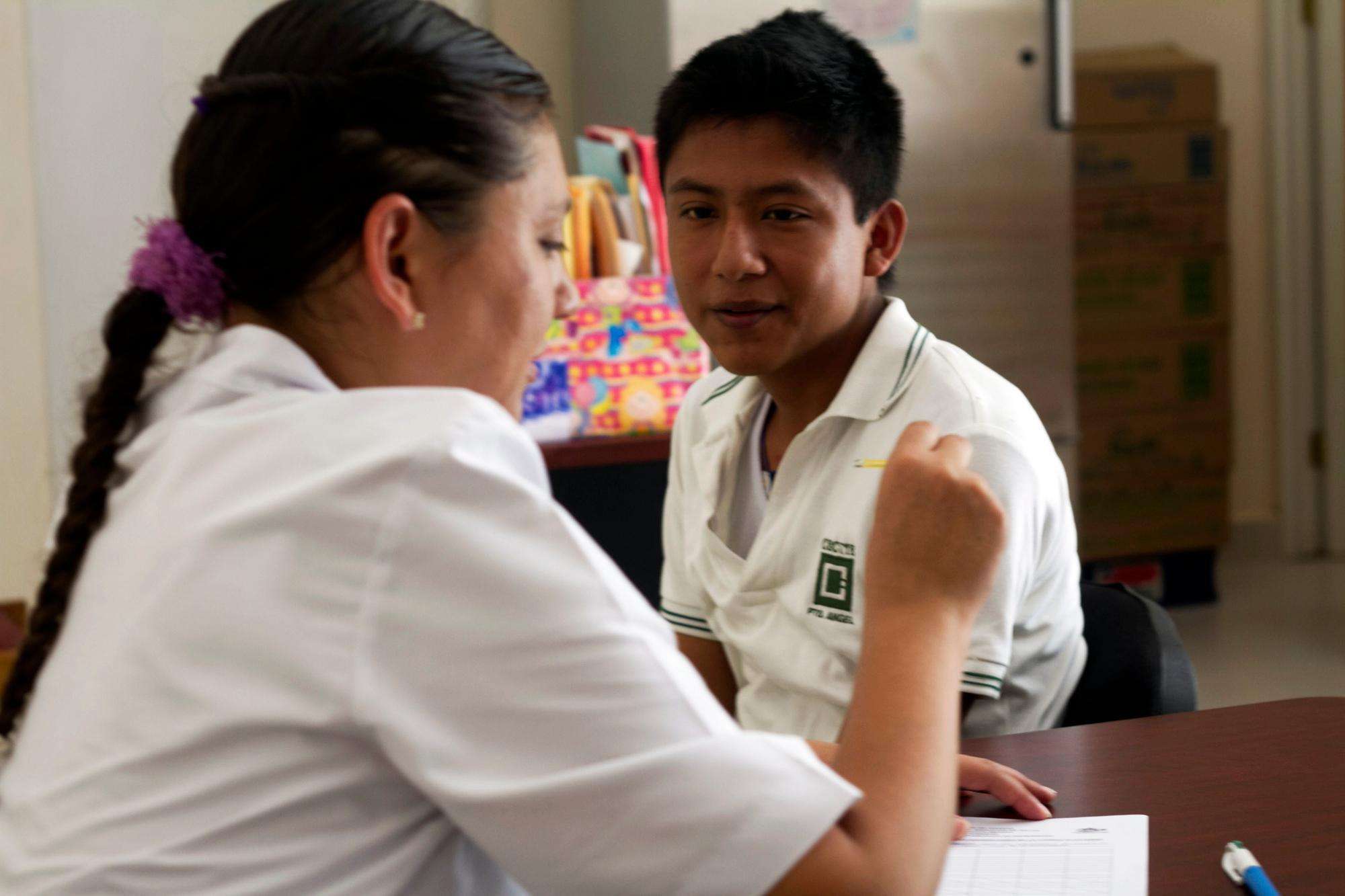The international medical humanitarian organization Doctors Without Borders/Médecins Sans Frontières (MSF) is concerned with the recent announcement that KaloBios has acquired rights to benznidazole, the drug MSF uses to treat Chagas disease in Latin America. KaloBios has announced its intent to register the drug in the United States to obtain a U.S. Federal Drug Administration (FDA) Priority Review Voucher (PRV), and then charge a high price.
MSF has used benznidazole to treat Chagas disease all over Latin America for many years. It is still unclear what effect the KaloBios acquisition would have on patient’s access in Latin America where MSF has medical operations. However, the intent by KaloBios to use a U.S. government program, created to encourage medical innovation, to obtain an economic reward and raise the price of this drug, highlights the urgent need to fix critical flaws in the FDA PRV program for neglected diseases.
The FDA PRV was created in 2007 to provide incentives for innovators to develop new medicines for neglected diseases. In exchange for registering a drug for certain neglected diseases in the United States, the FDA grants a voucher that fast-tracks a subsequent product through the regulatory process, helping companies get the product to market faster. The voucher can be sold and has, in fact, been sold for as much as $350 million. If the incentive worked properly, people with neglected diseases would benefit from new treatments and innovators would be rewarded for their investment.
In reality, companies can obtain this voucher without actually developing a new medicine and without having to ensure that medicines are affordably priced. This program is ripe for abuse and has been repeatedly gamed. This could happen again if KaloBios obtains an FDA PRV for benznidazole, an old drug that MSF and others are using as a first line treatment for Chagas disease.
KaloBios has done zero research and development for Chagas disease, yet by registering the product in the U.S., KaloBios can receive a highly lucrative PRV and is under no obligation to ensure affordable access to this drug. According to public SEC filings filed by KaloBios, the company is planning to price benznidazole at prices set for current Hepatitis C drugs, which cost at least 84,000 per treatment course in the U.S. In Latin America, Benznidazole is available for about $100 or less per treatment course.
QUOTE BY JUDIT RIUS SANJUAN, ACCESS CAMPAIGN MANAGER AND LEGAL POLICY ADVISOR AT MSF USA
“Buying rights to a 40-year-old drug to obtain a lucrative reward created to promote biomedical research and development, and then raising the price of that drug, is not innovation. It is an abuse of a U.S. government program designed to bring much-needed medicines to neglected people. The FDA priority review voucher should reward actual innovation and ensure that the outcomes of that innovation are available and affordable to patients and treatment providers. Congress can fix these critical flaws, and it must do so urgently.
What is happening with benznidazole, where the U.S. government could reward a company for registering a 40-year-old drug and allow it to raise the price from less than $100 a bottle to over $84,000 per treatment course, is unacceptable, hurts people suffering from a fatal neglected disease, and makes a mockery of the original intent of this legislation.”
On November 17, 2015, Doctors Without Borders/Médecins Sans Frontières (MSF), the American Thoracic Society, the Drugs for Neglected Diseases initiative (DNDi), the Global Alliance for TB Drug Development, the IDSA Center for Global Health Policy, the Sabin Vaccine Institute, and the Treatment Action Group sent a letter to the US Senate Committee on Health, Education, Labor, and Pensions (HELP) leadership asking for amendments to fix critical flaws in the US Food and Drug Administration’s Priority Review Voucher (PRV) program for neglected diseases.
Read the letter here: http://www.doctorswithoutborders.org/article/health-groups-ask-senate-changes-fda-priority-review-voucher-program-neglected-diseases
MSF has treated patients with Chagas disease since 1999 in Bolivia, Guatemala, Honduras, Mexico, Brazil and Nicaragua.




